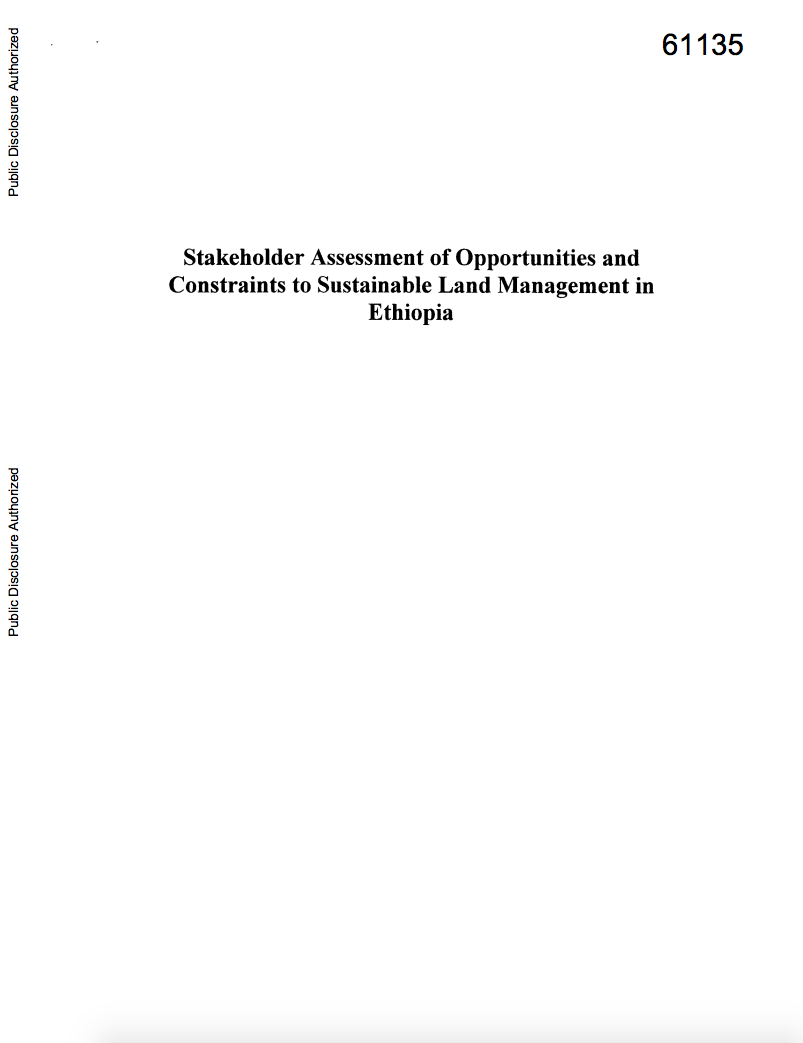China - Integrating Land Policy Reforms II : Strengthening Land Rights for Equitable Growth and Social Harmony
This report evaluates the legal
framework for rural land rights, the regulations of rural
housing sites, the effects of land requisition on farmers
who lose land, and some selected issues affecting urban land
rights. The focus of this report is how to enhance property
rights in a number of different contexts. The report makes a
series of specific policy recommendations for rural
agricultural land, rural housing land, to protect rights in


